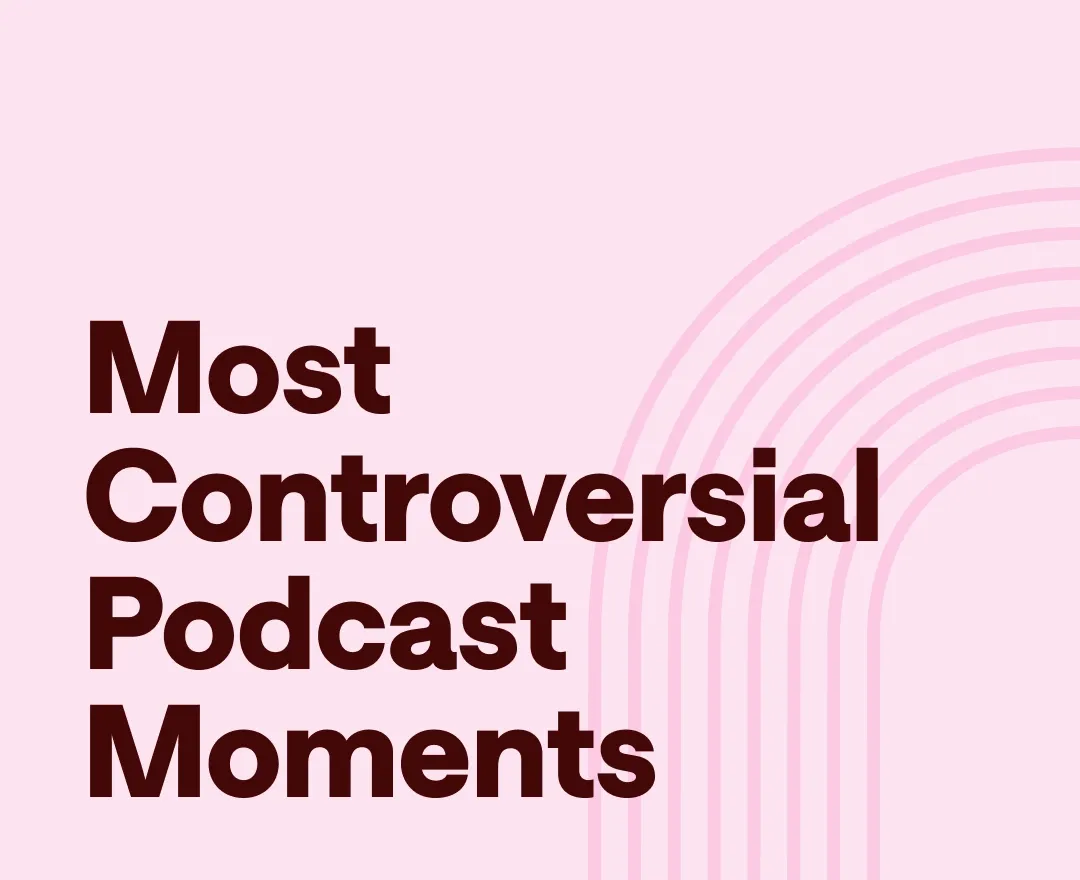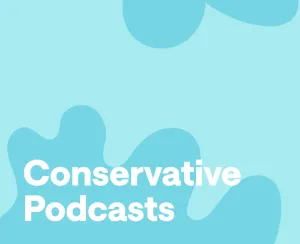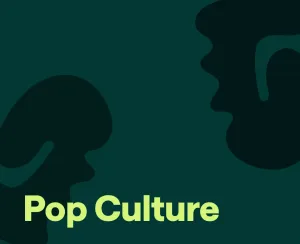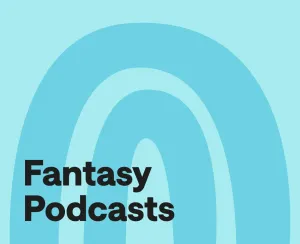All press is good press – or so they say. The truth is that although a little spicy scandal will probably do you more good than bad, knowing when to draw the line is crucial. Otherwise, the chances are you’ll end up like Bojack Horseman when he didn’t learn his cautionary lesson and ruined his entire career, and for us, the entire show, in just one episode.
But that’s for another article. In this one, we’re leaving fiction aside and discussing real-life controversies in podcasting that were pretty dangerous for everyone involved.
We’ve compiled the most controversial moments in podcasting to satisfy your curiosity, and also help you learn what to avoid in your career so you don’t ruin your entire reputation over a scandal.
Most Controversial Podcast Moments
Joe Rogan and the Spotify Saga
Of course, Joe Rogan was going to be at the top of our list. What else did you expect? After all, he’s considered the king of controversial podcast hosts by many!
The controversy surrounding Joe Rogan and Spotify has been nothing short of dramatic. It all began when Rogan's podcast featured virologist Dr. Robert Malone, who spread misinformation about COVID-19, including a bizarre claim about "mass formation psychosis." This episode sparked outrage, leading over 270 doctors to sign an open letter to Spotify, labeling Rogan's podcast a “menace to public health.” In response, Spotify deleted over 113 episodes and issued new content guidelines.
As if that wasn’t enough, musical legends Neil Young and Joni Mitchell threatened to pull their music from Spotify unless action was taken against Rogan. Spotify chose to address the issue by implementing a content policy focusing on labeling and warnings rather than direct censorship. However, this strategy didn’t shield Rogan from further social media backlash when a compilation of him using racial slurs went viral. This forced Rogan to issue a public apology and Spotify CEO Daniel Ek to express regret over the hurt caused by Rogan's comments.
Despite the turmoil and social media criticism, Spotify decided to stand by Rogan, emphasizing free speech while also committing $100 million to support marginalized voices. Interestingly, other platforms like Rumble saw an opportunity amidst the chaos and offered Rogan a lucrative deal to switch allegiances.
The Spotify-Joe Rogan controversy is a reminder to all of us that there is a delicate balance between free expression and responsible content management.
London Real and David Icke's COVID-19 Claims
The pandemic was, overall, one of the most controversial podcast topics back then, and a lot of podcast hosts weren’t careful enough with who they interviewed on this topic.
In a rather shocking move, London Live aired an 80-minute interview with conspiracy theorist David Icke, who claimed that the coronavirus pandemic was a cover for a global conspiracy. According to Icke, this supposed plot aimed to crash the economy, end cash payments, and track individuals. Ofcom, the UK media regulator, quickly stepped in, stating that the interview posed a significant threat to public health due to the unchallenged and unsupported nature of Icke's claims.
London Live, a relatively small channel owned by Evening Standard boss Evgeny Lebedev, defended its decision by (not surprisingly) bringing up the freedom of expression, especially during a time when civil liberties were perceived to be under threat. However, Ofcom countered that the lack of critical questioning and additional context made the broadcast dangerous, potentially misleading viewers during the pandemic. The station's claim that it was just challenging the usual thinking didn't convince the regulators.
Interestingly, while the London Live interview was watched by just 80,000 people, it attracted significant regulatory attention. Meanwhile, the original interview on YouTube reached nearly 6 million views without similar consequences. In other words, it shows that the platform where you post your content significantly affects how it will be received.
Logan Paul's "Impaulsive" Podcast
Logan Paul, the YouTube star famous for his wild stunts, has faced a fair share of controversial podcasts and social media controversies. Recently, a New York senator called for an investigation into his energy drink, Prime, over its high caffeine content and marketing aimed at children. But this isn’t Logan’s first rodeo with public outrage. Starting on Vine in 2014, he transitioned to YouTube, amassing 23 million subscribers with his outrageous antics. Despite his popularity, he’s often criticized, proving that knowing how to handle criticism is crucial in the world of social media.
One of Logan's most infamous incidents was the December 2017 "Suicide Forest" vlog, where he filmed a man who had apparently taken his own life. The social media backlash was instant, with viewers accusing him of being insensitive and exploitative. Logan issued multiple apologies and took a break from YouTube, only to return with a video on suicide awareness.
In 2023, Logan faced another storm with his NFT project, CryptoZoo, which never delivered on its promises, leading to a lawsuit. And then there's the Prime energy drink case, where its high caffeine content received criticism for potentially endangering children.
Despite these setbacks, Logan continues to bounce back, demonstrating a resilience that we have to admit is fascinating. His journey is an example of how social media controversies can shape, but not necessarily break, a digital career.
H3H3 and the Feud with Keemstar
Ethan 'H3H3' Klein and Daniel 'KEEMSTAR' Keem, two of the biggest YouTubers in America, have been involved in a very public and personal feud. The drama started years ago, with H3H3 making comments that KEEMSTAR took personally. Recently, things escalated when Klein released a 46-minute video criticizing KEEMSTAR for his past behavior and controversial podcast questions. This feud is one of the most heated in YouTube history and has led to a lot of hate comments on social media.
In Klein’s video, he highlighted several incidents involving KEEMSTAR. One of the most serious accusations was about KEEMSTAR's unfounded allegations against a streamer in 2016, which led to ongoing harassment of the streamer. Klein also criticized KEEMSTAR’s behavior towards the late YouTuber Etika, who tragically took his own life.
Clips of KEEMSTAR talking insensitively about Etika were included, showing how social media controversies can have real-world impacts. Klein accused KEEMSTAR of sharing people's private information online, also known as 'doxxing', which made their feud even worse.
KEEMSTAR responded quickly with his own video, titled 'H3H3 lies,' defending himself against the accusations. He included texts from Etika's mother, absolving him of responsibility for her son's death, and showed tweets and videos demonstrating his friendship with Etika.
KEEMSTAR argued that Klein took his statements out of context and portrayed himself unfairly. The back-and-forth continued with more videos from both sides, each trying to prove their point and discredit the other.
The Moral of the Story
Podcasting can be a wild ride, filled with twists and turns that can make or break your reputation faster than you can say "subscribe." Let's dive into some key takeaways from the controversies we've explored:
1) Choose Your Guests Wisely
The Joe Rogan and Dr. Robert Malone saga taught us that who you invite on your show matters—a lot. When dealing with sensitive topics like health or politics, vetting your guests thoroughly can prevent spreading misinformation and protect your credibility.
2) Navigate Free Speech vs. Responsibility
The London Real and David Icke interview case underscored the delicate balance between free expression and public responsibility. While freedom of speech is crucial, especially in media, providing context and challenging unsupported claims is equally important to avoid misleading your audience.
3) Handle Criticism with Grace
Logan Paul's journey from YouTube controversies to legal battles over his energy drink, Prime, shows that handling criticism is a skill worth mastering. Whether it's apologizing sincerely or taking tangible steps to rectify mistakes, responding with humility and action can minimize the long-term damage to your brand.
4) Mind Your Platform
The differing outcomes of the London Live broadcast versus its YouTube counterpart remind us again the influence of platform policies on content reception. Understanding each platform's guidelines and audience expectations can significantly impact how your message is perceived and regulated.
5) Engage Responsibly in Online Feuds
The ongoing feud between H3H3 and KEEMSTAR illustrates that the real-world consequences of social media conflicts can be extremely dangerous. Engaging in public disputes can attract hate comments and intensify social media backlash, potentially harming both parties' reputations. Knowing when to disengage or seek constructive dialogue can help you avoid scandals.
Also, remember that what you say matters, no matter if it’s in the real world or online landscape. Avoid spreading hate comments or offending other creators, as you never know how the person behind the screen will deal with your words.
How to Handle Criticism and Hate Comments on Social Media
Receiving criticism or hate comments on social media can be tough, but with the right approach, you can navigate these challenges gracefully. Here are a couple of tips:
1) Take a Deep Breath and Pause
When you encounter a negative comment or criticism, the first step is to take a moment to breathe and avoid reacting impulsively. It's natural to feel defensive or upset, but responding in haste can escalate the situation. The most controversial podcast moments usually happen because the host says something impulsive. Take some time to process the comment and your emotions before formulating your response.
2) Assess the Feedback Objectively
Criticism, even if it's harsh, can sometimes provide valuable insights. Try to separate the emotion from the message and objectively assess whether there is any constructive feedback within the comment. Ask yourself if there's a valid point being made that could help you improve.
3) Respond with Empathy and Professionalism
When you decide to respond, choose your words carefully. Responding with empathy and professionalism can disarm negativity and show that you take feedback seriously. Try to acknowledge the commenter's perspective, even if you don't agree with it, and respond calmly without starting a conflict.
4) Know When to Ignore and When to Address
Not all criticism requires a response. Some comments may be purely inflammatory or not constructive. In such cases, it's often best to ignore them rather than giving them a non-deserved attention. However, if the criticism is based on misinformation that could harm your reputation, consider addressing it by backing up your arguments with facts.
5) Seek Support from Your Community
If the criticism or hate comments become overwhelming, don't hesitate to seek support from your community or friends. Talking to someone you trust can provide perspective and emotional support, helping you navigate difficult situations online.
Remember, handling criticism and hate comments is all about maintaining your professionalism while also taking care of your mental well-being. By responding calmly or not responding at all, you can protect your online reputation and continue to engage positively with your audience.
Find Controversial Moments in Your Podcast With Podcastle
If you haven’t used Podcastle for your show yet, this is your call to do so. Podcastle is an all-in-one content creation platform that allows you to record, edit, enhance and host your show all from one place. But most importantly, it helps you quickly scan your podcast episodes to find any controversial comments or unintended remarks that might have slipped through the cracks during recording.
Using features like AI episode summaries and automated transcripts, you can quickly scan through your audio and video content to spot any moments that might receive criticism online. Or if you already know which one of your or your guest’s remarks should be removed, you can simply browse it in your audio using Podcastle’s Text Mode and quickly find it in your audio track, without having to spend hours relistening it.
The best part is that you won’t even have to re-record a new response, you can use AI and text-to-speech technology to easily edit your podcast and add sections that were never there!
Isn’t this technology controversial in itself, you might think? Well, that's a topic for another article as well!








